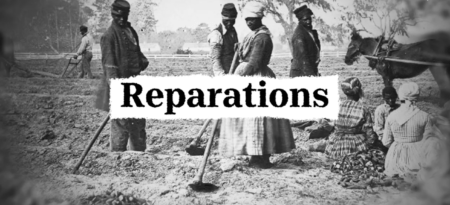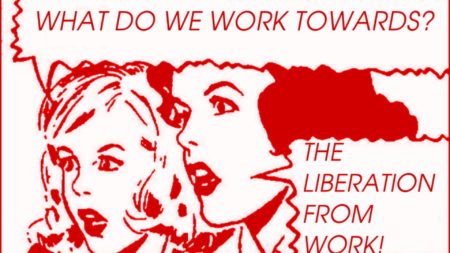
Lots of leftists – and people within racial justice spaces – discuss reparations. I’ve had some thoughts on it for awhile. And I revisited a solid article in Jacobin by Brian Jones. It’s called “The Socialist Case for Reparations.”
Jones gets one big thing right. He points out that as socialists we don’t need to adopt an either/or approach to issues of race and class. We don’t need to argue for either a broad social democratic vision that excludes race or a vision for reparations that caters to the black professional classes, ignores the role race plays in capitalism, and precludes a multiracial working–class coalition.
I’ll say a few things here about what I consider the best socialist case for reparations. In doing so, I’ll mostly leave open what, exactly, ‘reparations’ means. In the end, I think that adds up to the best socialist stance on the topic.



